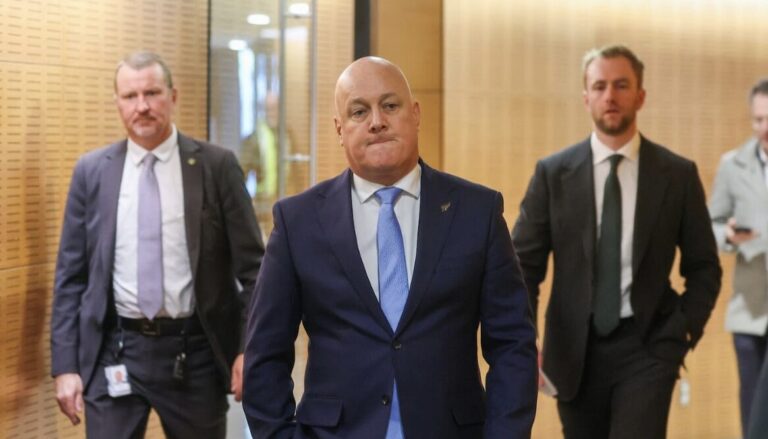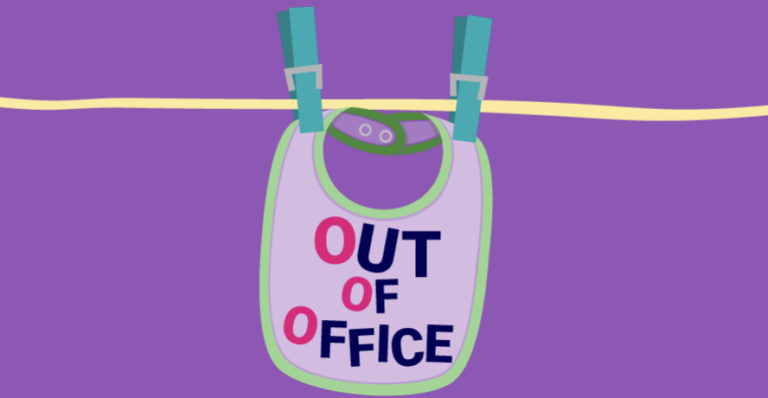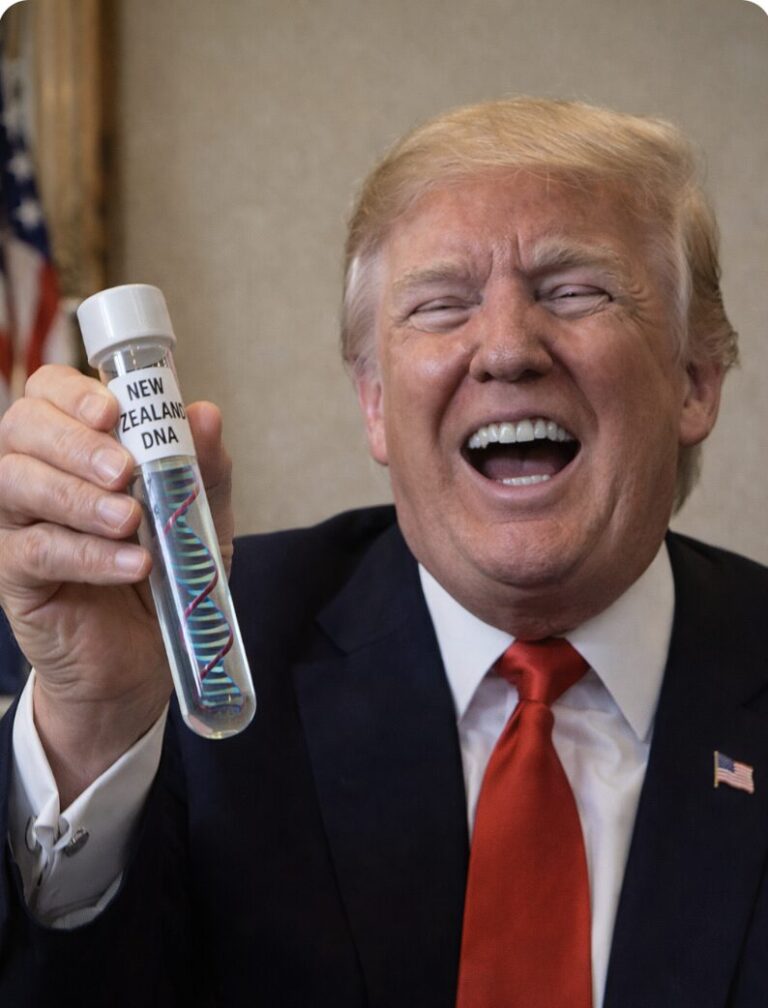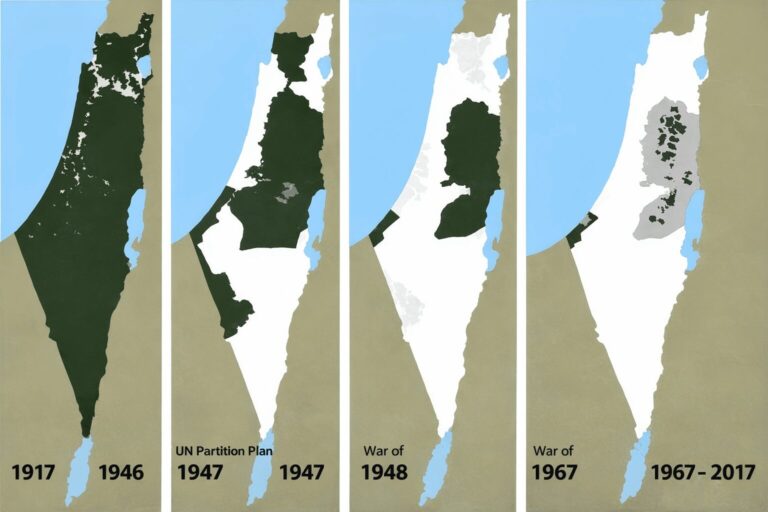Radical Remedies
THE ORIGINAL ADVERTISING CAMPAIGN for Nanaia Mahuta’s “Three Waters” project was surprisingly honest. Not in terms of the information it communicated to the public, which was, at best, misleading; and, at worst, shamefully propagandistic. In terms of what they wanted the public to believe, however, the promoters of Three Waters could not have been more transparent. New Zealand’s rivers and streams were awash with poo. Councils had failed their electors. Fixing up the water would be eye-wateringly expensive. Radical remedies were the only answer.
None of these frightening propositions were true.
New Zealand’s rivers and streams had come under increased pressure as the country’s dairy herd expanded rapidly in the first two decades of the Twenty-First Century. The solution to this problem, however, lay not with a radical restructuring of New Zealand’s drinking, waste and stormwater infrastructure, but in improving the livestock management of the nation’s diary-farmers. As is so often the case, New Zealand’s farmers rose to this challenge. Access to waterways was fenced-off and riparian planting helped to filter farm run-off.
Not that this has prevented the Government’s supporters from characterising New Zealand farms as open sewers. Seemingly, ten million cows are only able to relieve themselves in bodies of running water. What actually happens, of course, is that cows, like most mammals, defecate on what lies immediately beneath their rear ends. For the vast majority of this country’s 4.9 million cows (the size of the New Zealand dairy herd has never exceeded 6 million and is steadily decreasing) what lies beneath their haunches are good, old-fashioned, New Zealand paddocks, which actually benefit from the breaking down of cow poo into top-soil. Dangerous nitrate run-off is as much an artificial fertiliser problem as it is a cow pee problem.
None of these facts mattered. New Zealanders were supposed to believe that every time they quenched their thirst with a glass of water they were swallowing shit. Not only that, but the task of fixing their drinking water was now beyond the financial resources of their local council. Worse still, many local authorities’ century-old-plus sewage and stormwater infrastructure was failing and in urgent need of repairs and/or replacements they could not afford.
This “the country can’t afford it” catch-cry was critical to the shape of the Three Waters project. New Zealand’s neoliberal state ideology is violently allergic to the public-funding and ownership of critical infrastructure. Treasury’s preference is to have local government bear the costs of renewal – either by raising rates, or borrowing. Unfortunately, local government’s credit is fast running out.
Rather than have the New Zealand state stand in the market for the finance required to upgrade New Zealand’s drinking, waste and stormwater systems – which it could borrow at the most favourable interest rates – successive governments have been advised to create a new stand-alone entity, or entities, and have it/them borrow the needed money. To reassure the lenders that their returns are secure, those same advisers have made it crystal clear that said entities must be absolutely impervious to all forms of democratic interference. While it might be politically wise to reassure voters that their councils still “owned” their three waters infrastructure, under no circumstances could local authorities be permitted to control it.
It was precisely this separation of ownership from control (control being central to the whole concept of ownership) that caused the Auditor-General to present such a strong critique of the Three Waters project – as currently conceived.
But, ownership and control are not only concepts crucial to the value and utility of tangible assets – private as well as public – they are also crucial to the Māori concept of tino rangatiratanga – Māori sovereignty. It is at the intersection of these two key concepts that the deepest and most difficult problems of Three Waters arise.
Iwi authorities have seized upon the credit-rating agencies’ insistence that the proposed Three Waters entities be sealed-off from democratic interference, to fashion a governance structure favourable to themselves, from which the Pakeha majority is excluded, and which enables Iwi to release revenue streams that the (for once powerless) Pakeha state cannot dam. A bold plan, but one which Iwi could not reasonably have expected their Pakeha compatriots to simply wave on through.
Indeed, it is difficult to conceive of any group other than the present collection of political actors who would have taken such risks to see the Three Waters project implemented. Labour has the largest Māori caucus in its history, ably co-led by Nanaia Mahuta and Willie Jackson. Labour itself commands an absolute majority in the House of Representatives and, like their Green ally, its leaders are ideologically committed to the judicially contrived and academically elaborated concepts of “partnership” and “co-governance”. Without the staunchness of the Māori caucus, and the “wokeness” of Labour and Green MPs, Three Waters would never have got off the ground.
There are those on the Left who argue that this fortuitous aggregation of Māori activists and allies is the direct result of Helen Clark’s legislative rejection of the Court of Appeal’s Foreshore & Seabed judgement back in 2004. The three dominant players in the Sixth Labour Government: Jacinda Ardern, Grant Robertson and Chris Hipkins; are depicted as shocked and unwilling accomplices in the Clark Government’s unconscionable theft of the Foreshore & Seabed. Eighteen years later, at the summit of the Pakeha state, these three are determined to have no repeat of the racist travesty they were forced to live through in 2004. This time, Labour will not let the Māori lose.
Stirring stuff! But if the so-called “Sharma Drama” has taught us anything, it is that the political culture of the post-Rogernomics Labour Party simply does not produce politicians of such mettlesome quality. For those who were following politics closely back in 2004, Tariana Turia’s resignation from the Labour Party appeared to inspire the same cold fury as Gaurav Sharma’s “treachery”. Loyalty trumps all other considerations in Labour: has done since the party split apart with such destructive acrimony in 1989. Had Ardern, Robertson and Hipkins felt the shame of 2004 as keenly as some on the Left suggest, they would have resigned alongside Turia and, like the fast disintegrating Alliance, done all they could to help her get the Māori Party up and running.
Equally untrue is the proposition that Labour’s inadvertent creation of the Māori Party kept it out of office for nine years. At no time did Māori MPs constitute the difference between a National and a Labour government. Between 2008 and 2014 Labour’s parliamentary numbers were so low that had all the Māori Party MPs defected to the Opposition, the National Government could have continued to govern with the support of Act.
The durability of the Three Waters Project is not the product of Labour heroism, but of 18 years of Crown-Iwi collaboration and compromise. Eighteen years of hard academic yakka in the fields of law, medicine, sociology, anthropology and history. Eighteen years of positive discrimination in the public service, the news media and the arts.
In sum, Three Waters is the culmination of a grand intellectual pincer movement. On the one hand, an immeasurably stronger alliance of Iwi-controlled institutions; on the other, a state no longer capable of dismissing Māori leaders as “haters and wreckers” – or saying “No.” Squeezed between these two, the Pakeha nation.
That was the core message embedded in the initial Three Waters advertising campaign. Māori New Zealand was telling Pakeha New Zealand:
“You can’t stop this.”







If a company on the stock exchange offered only 28% accountability to shareholders that invested all their money in it, that company would be seen as a high risk.
Consequently, a lack of accountability up front – a channel for any valid and necessary criticism by shareholders – in an infrastructure project does not engender confidence that the requisite risk mitigation strategies will be present at the engineering level, nor that they will be appropriately addressed if identified.
The key problem is that risks bound up in infrastructure projects don’t sit in isolation – they have an onflow effect. Those risks will wind up impacting the risk profile of every other company on the stock exchange – along with every other private commercial entity out there.
Competency, accountability and transparency are closely correlated with an ability to deliver
The title ‘Radical remedies’ shows how tired and dated the old left think tanks have become.
I am not against having appropriate co-governance over water with Maori.
I am not against centralisation of water.
I am against politicisation, denigration of democracy and economic and practical waste driven by ideologues who dont have the real life experience and the economic wherewithal to do the job probably. I am against lies, propaganda and manipulation.
If the Ardern Govt had told the truth we would not have at least 50% of Maori convinced they must have self determination because Colonialism is the author of all their woes. They should have been told that yes, Maori and others need solutions, yes there is still racism around that needs more work but actually, you are suffering due to our class bashing Neo Liberal agenda. And we will fix that by giving you cheap houses where you can put down roots and we will ensure your kids are able to have food on the table and get a good education.
But we chose instead the path of division, partisanship and waste and where does it ultimately lead? Civil war? You cannot give more rights to 15% of the population and expect the other 85% to accept it because something bad happened 150 years ago. It ultimately will not stand and it wont be no good for anyone.
Ardern is not a hapless victim dragged along by the Maori Caucus, she made this choice and thinks she is being transformational. Effing hubris! IRL, we should substitute ‘transformational’ for the more accurate “destructive”.
We already gave rights to a minority when the TOW was signed and the flood gates opened that is colonisation
All I can say is who uses most of our water and who truly is the privileged ones in our country. We should do an audit and see and make the results public knowledge.
All I can say is who uses most of our water and who truly is the privileged ones in our country. We should do an audit and see and make the results public knowledge.
Fact check for you Chris: The farm fencing in the Dairy and Clean Streams Accord did not lead to overall improved water quality. In fact, designed to avoid governmental regulation, it put power to address dairy effluent and nutrient run-off into the hands of the industry. No region ever achieved full compliance, water quality did not improve, and in some areas effluent and nutrient run-off got worse. Rivers got dirtier under the Clean Streams Accord. These days 95% of NZ’s waterways that run through pastoral land, are contaminated on at least one indicator.
And on dairy cow numbers, it is not true that the dairy herd has never exceeded six million: Stats NZ says ‘Between 1990 and 2019: dairy cattle numbers increased by 82 percent nationally from 3.4 million to 6.3 million. Canterbury dairy cattle increased tenfold (973 percent) from 113,000 to 1.2 million
Southland dairy cattle increased sixteen-fold (1,584 percent) from 38,000 to 636,000. At ‘peak cow’ there were almost 6.5million dairy cows.
What’s 500,000 cows between friends!
But, I stand corrected, Christine. Thank you for the fact-check.
Although (there’s always an although) I do detect a wee bit of the perfect being the enemy of the good in your critique of the Clean Streams Accord. Did the cockies achieve everything they set out to achieve? No. Did they give it a damn good try? Yes.
500,00 cow between friends is a load of shit.
The government’s 3 waters message may be; “you can’t stop this” Pakeha NZ.
But the counterpoint is “why not”. There’s an election next year and the Labour Party along with its Maori caucus can be voted out. If this happens, a new centre right government is bound to overturn any decisions relating to 3 waters and He Puapua made by the current government.
Actually I think this could be the defining issue of the next years election campaign. And I think that the main centre right parties (National and Act) will ramp up their opposition to 3 Waters, co govenance and especially He Puapua as the campaign itself ramps us.
There is a general uneasiness in NZ on these matters, which is mainly understated I think, but lies just beneath the surface. It would take much to stir it into action.
Twisted sister
“In sum, Three Waters is the culmination of a grand intellectual pincer movement.”
I wouldn’t say intellectual exactly. More ‘faux academic’ endeavour based on half truths and in some cases outright lies.
At least it’s brought the issue to a head. The plotters have at long last played their cards. So now we just vote in a government that will write good constitutional law and slam the door on this malfeasance forever.